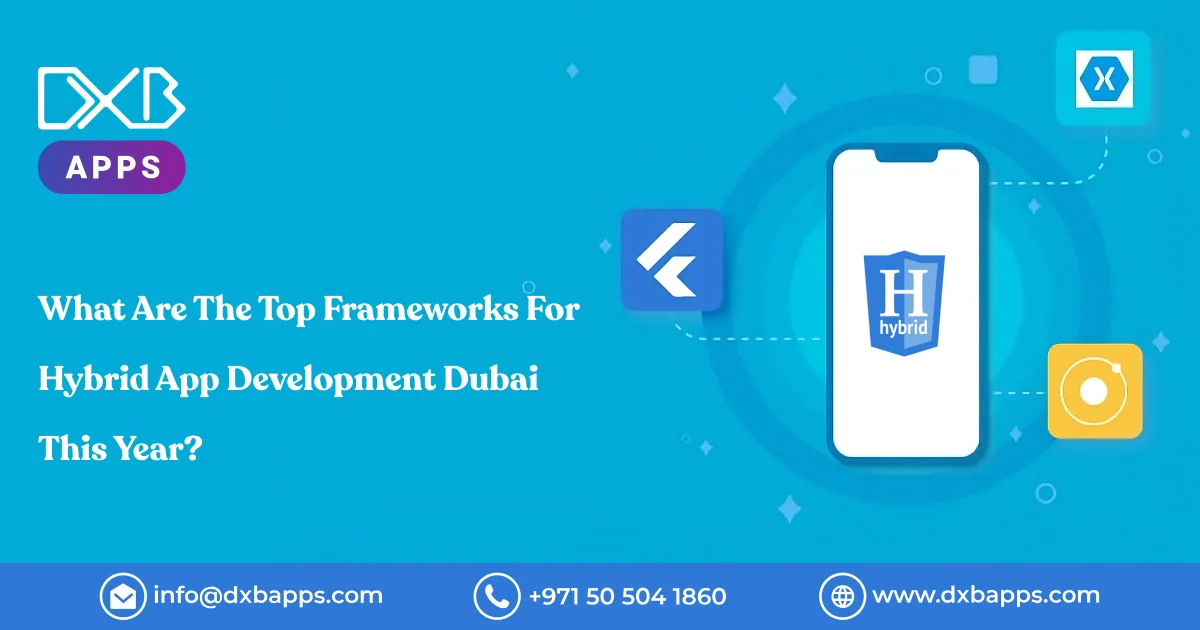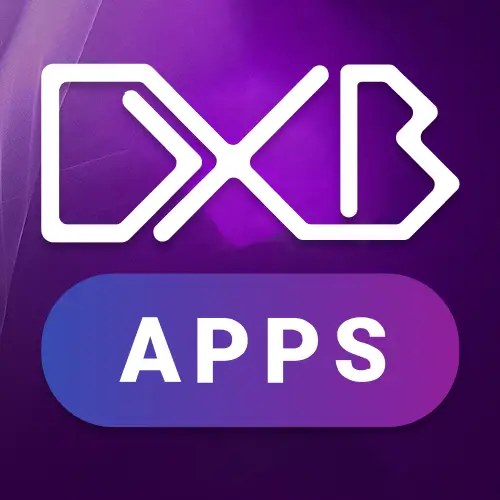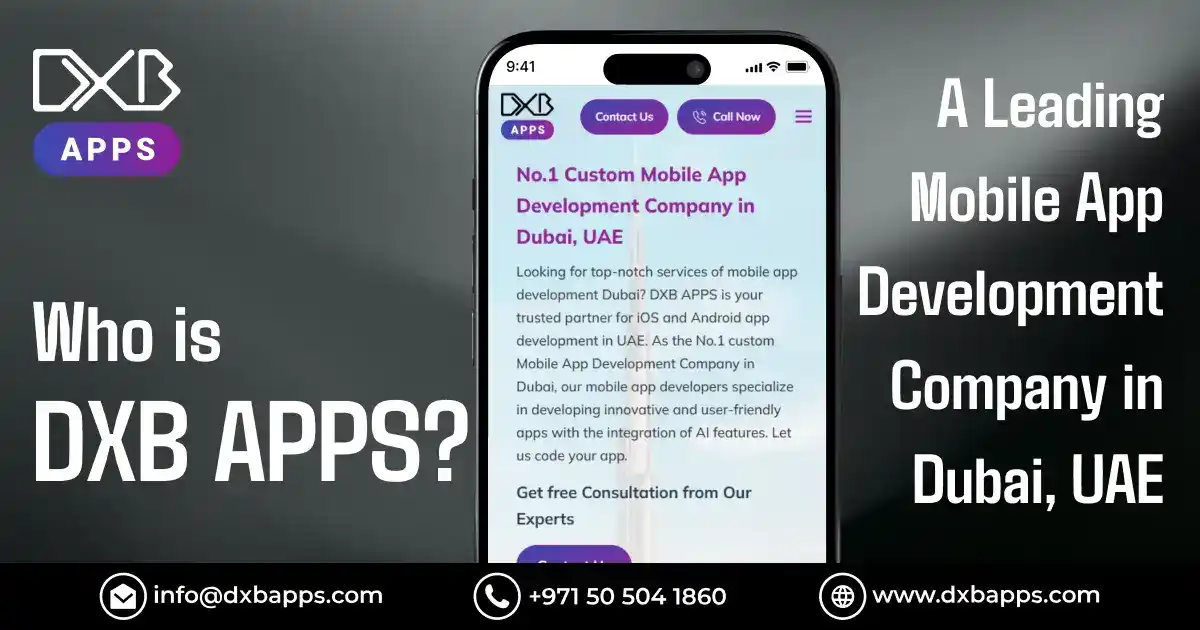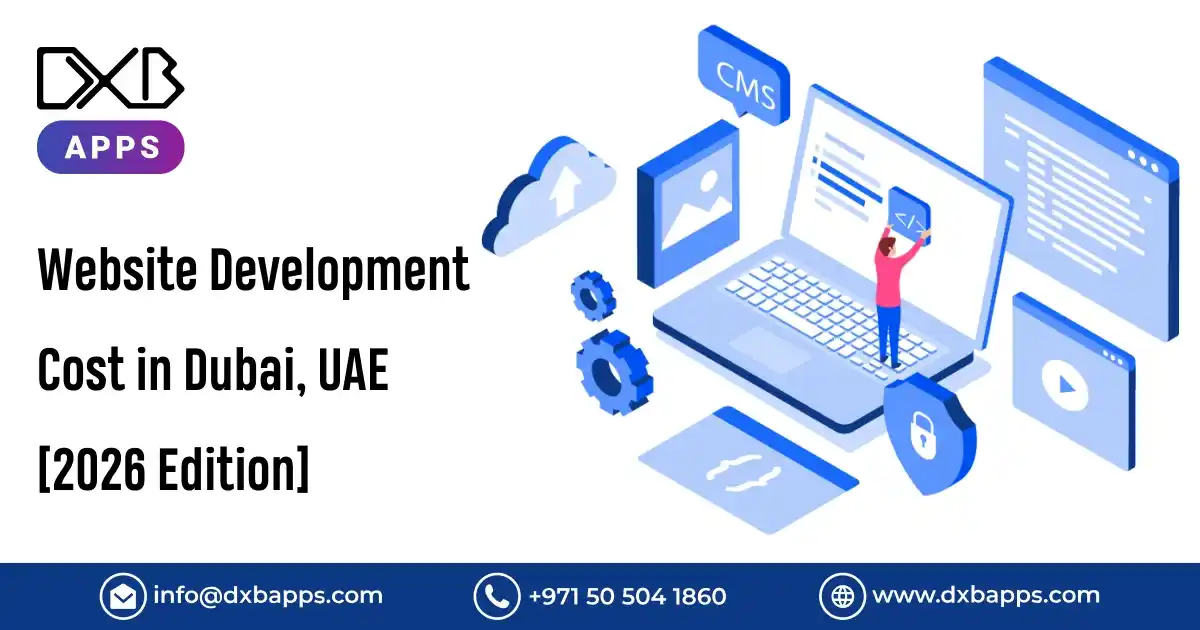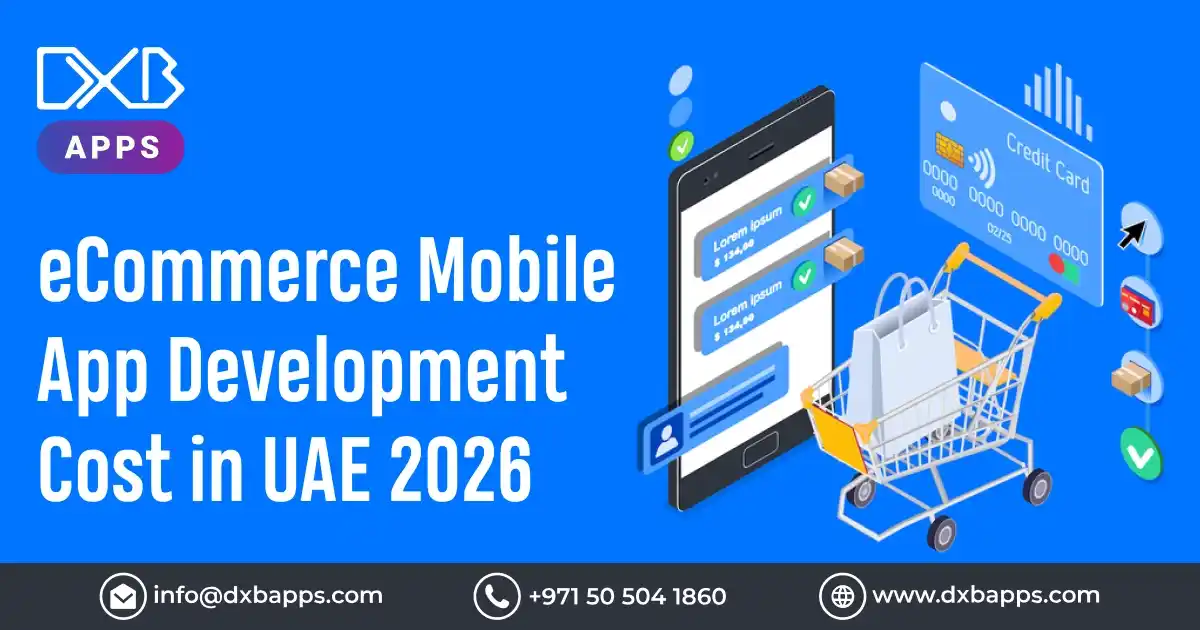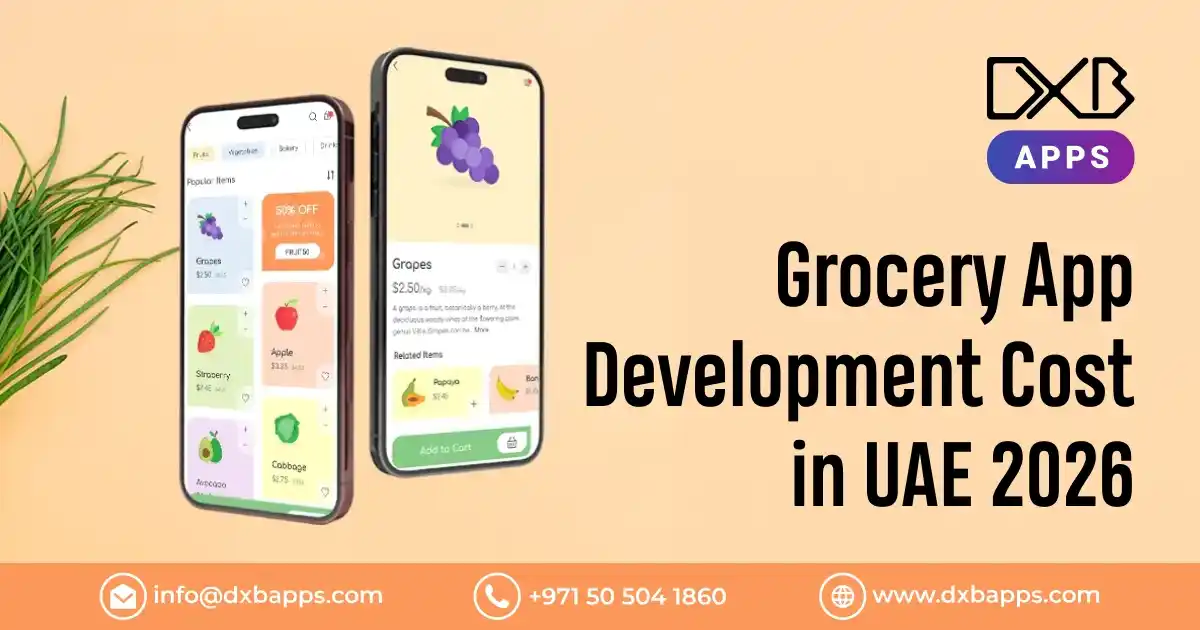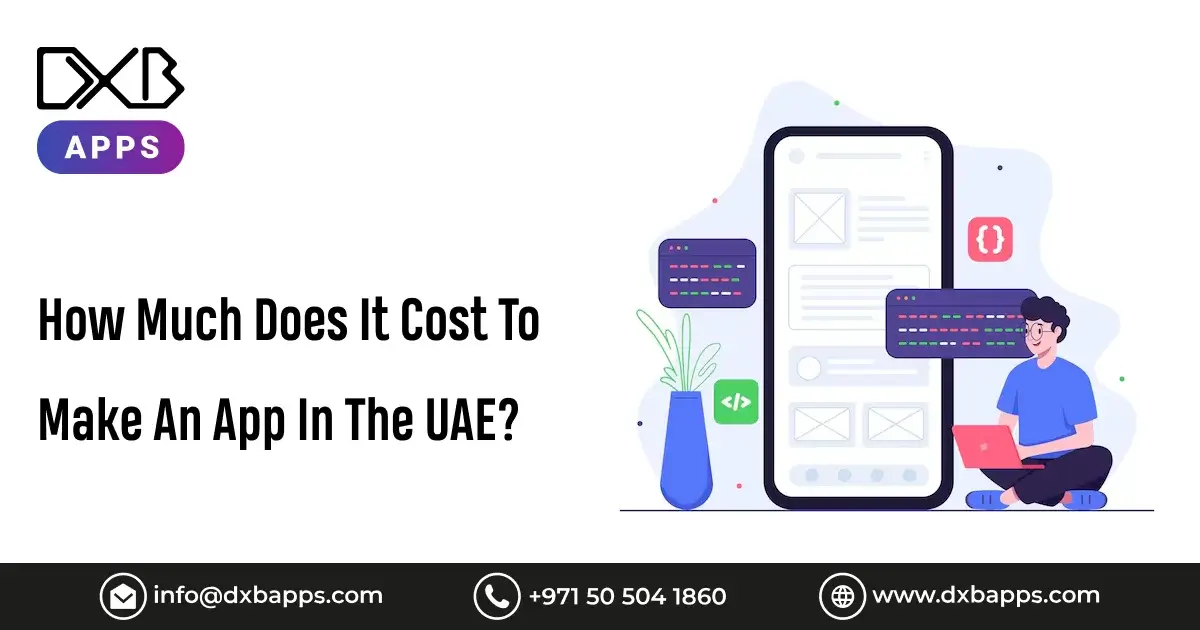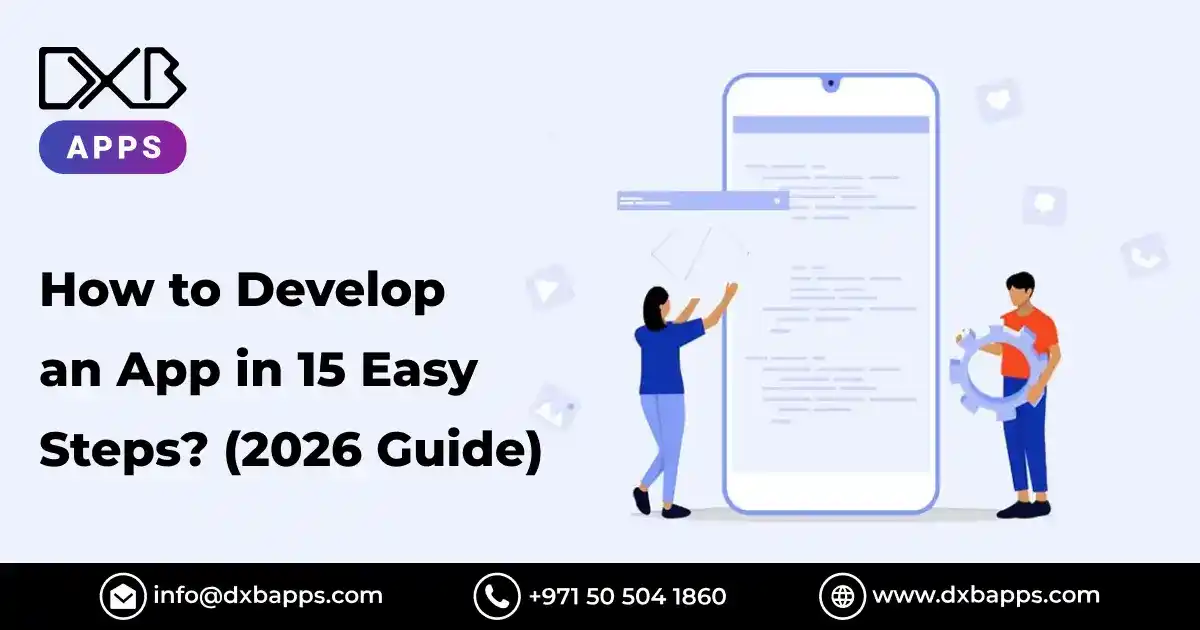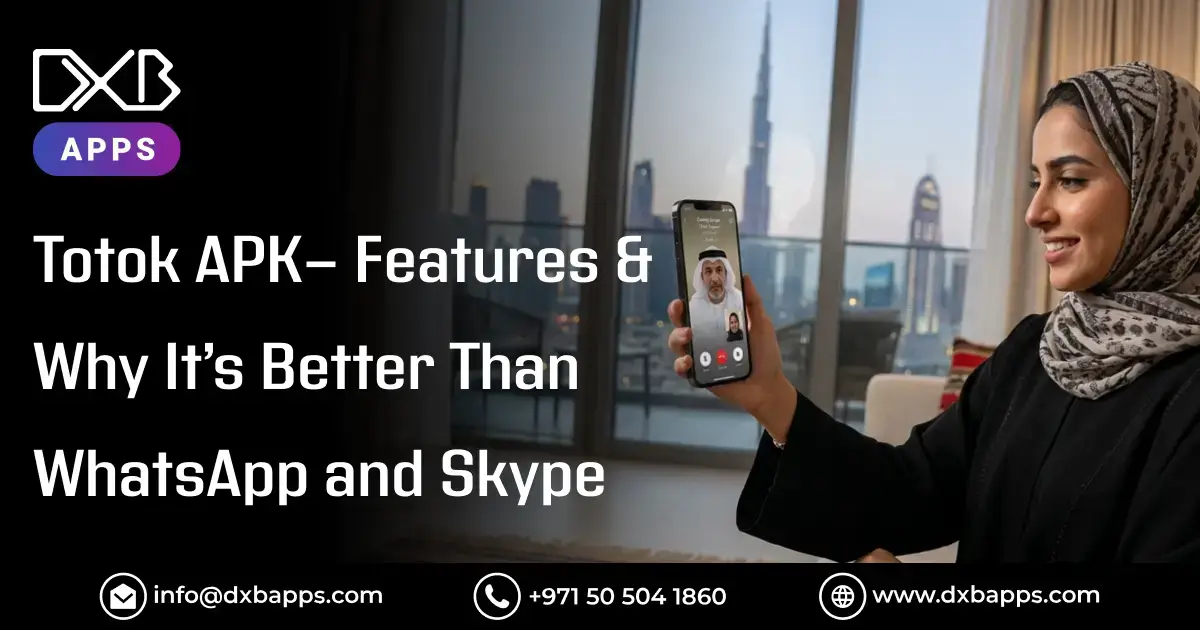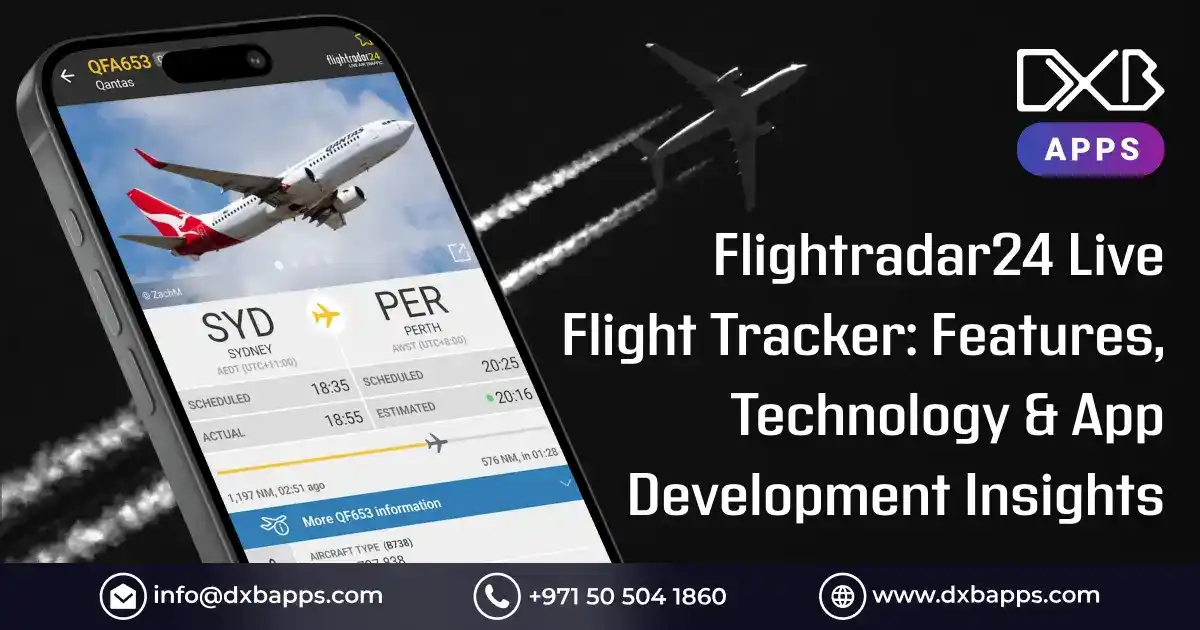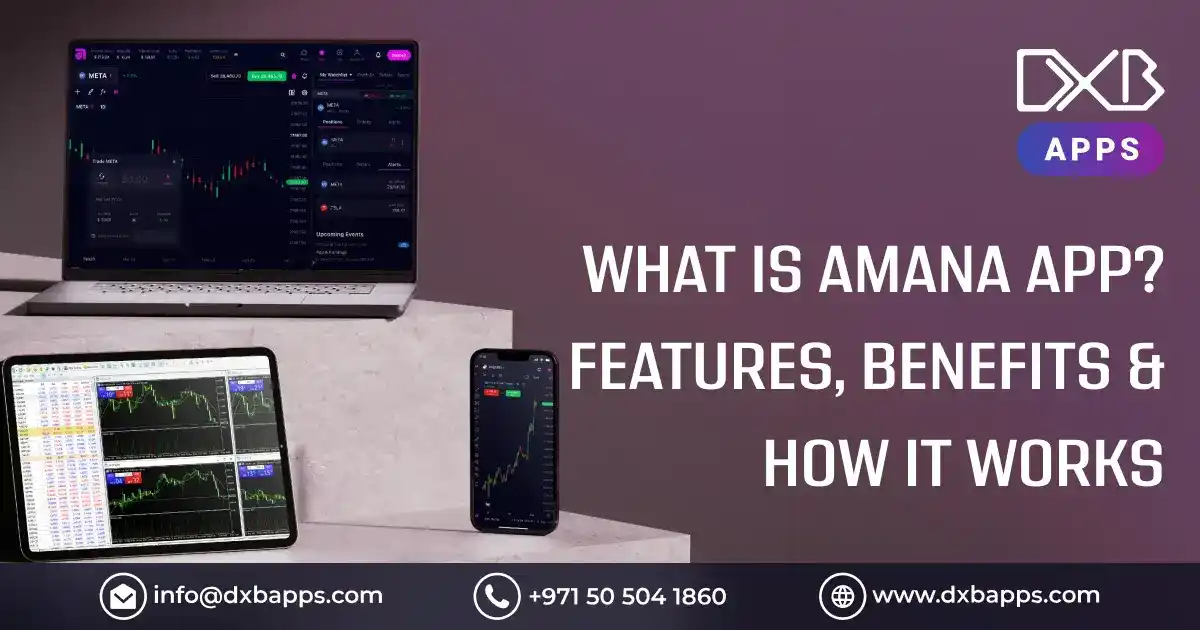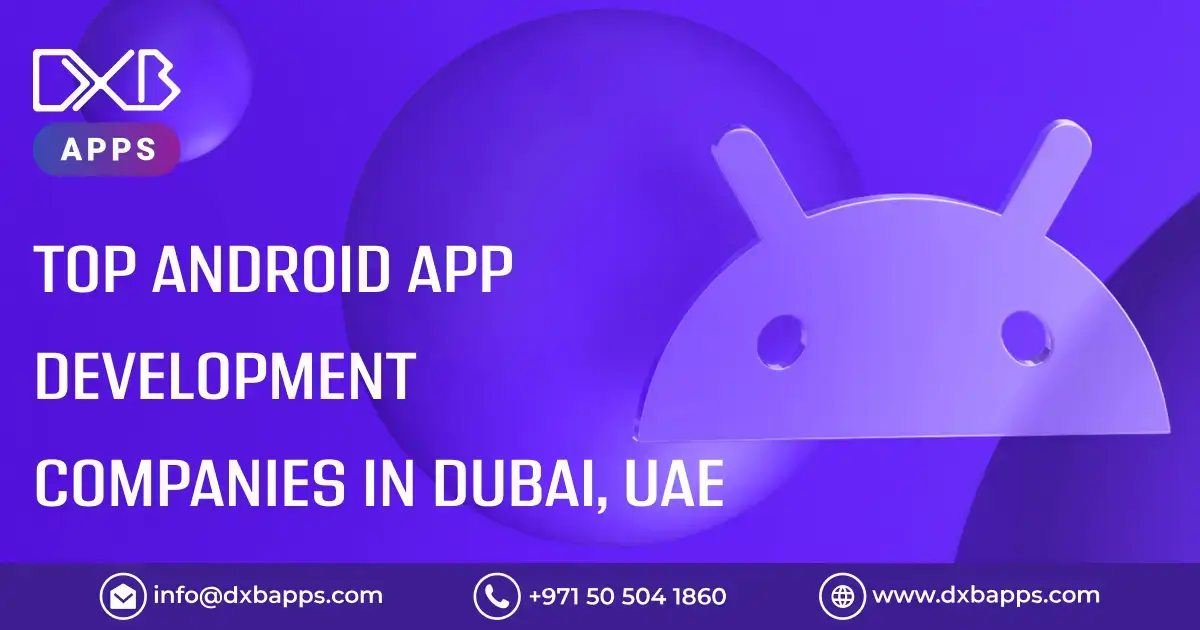The simplicity of use for developers has increased dramatically with hybrid Android app development frameworks. Instead of putting in the extra effort to write unique code for each platform, they can create applications that run flawlessly across all platforms with only one code. These apps function flawlessly on iOS and Android and may be recycled for desktop or progressive web apps.
Therefore, in this section, we'll go over the fundamentals of hybrid apps and compile a list of some of the top frameworks for hybrid apps that have grown in popularity over the past several years.
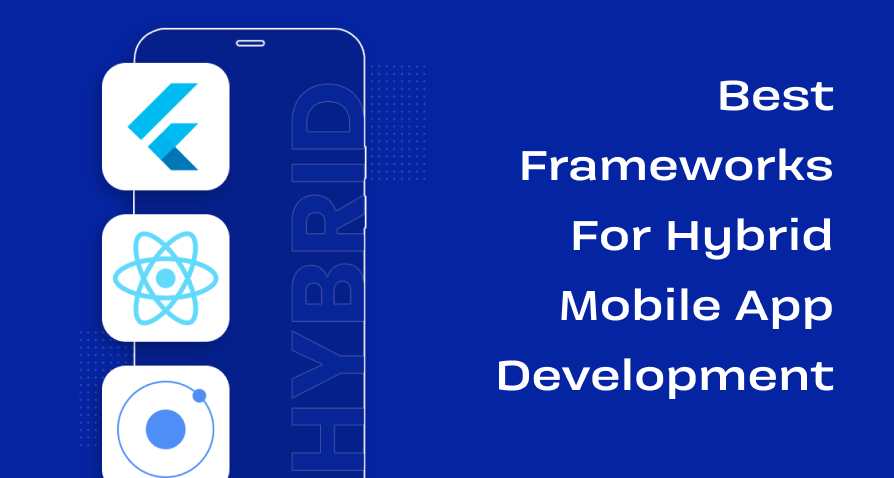
How Do Develop Successful Hybrid Apps Work?
Web apps are hybrid apps. They are the ideal fusion of online and native applications. The essential components of a web application are given a native app's container, enabling it to have native app capabilities and hardware.
Developers can use the same code for all operating systems with the ease with which hybrid apps can be downloaded on several platforms, including iOS and Android. Effective front-end mobile app development technologies like HTML5, JavaScript, and CSS are used in their construction.
The Valuable Distinction Between Native And Hybrid Apps
You must be asking why native and hybrid apps sound so similar now. There are, nevertheless, some notable distinctions between the two. Let's talk about that.
While hybrid apps are made to work on several platforms, native apps are made just for one.
Developers are expected to completely rewrite and revamp all of the app's functionality in the native development language for native apps. In contrast, all of the functionality of hybrid apps is written in a single codebase.
Native app creation has a higher budget than hybrid app development by a top mobile app development company, which is more affordable and offers an excellent user experience at a lower cost.
Hybrid App Development Frameworks- What Are They?
Software tools known as hybrid app development frameworks let programmers design apps that function flawlessly across various operating systems. These frameworks have a single codebase that allows web and native apps to work together.
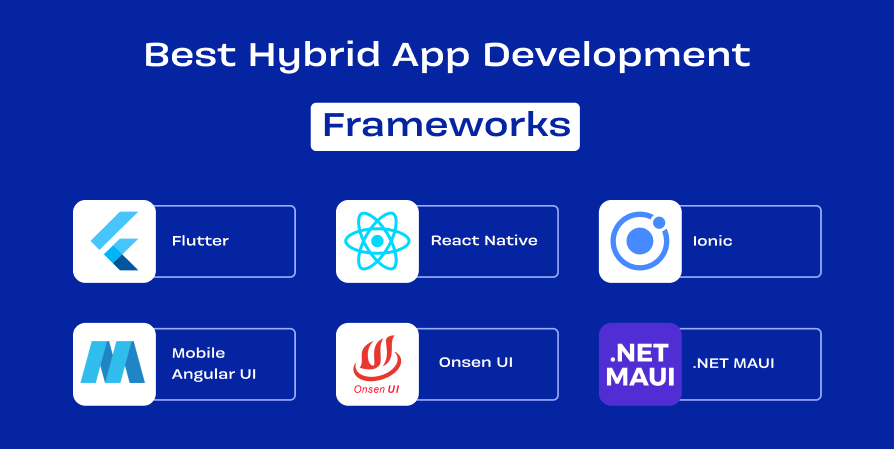
Top Hybrid App Development Frameworks
The following is a list of some well-known frameworks for developing hybrid apps:
1. Flutter
According to Google, Flutter aspires to a native-like experience while giving you control over your projects via a UI toolkit. Flutter can create unique user interfaces for various platforms using a single codebase. This framework has a library of user-friendly UI elements, known as widgets, and was made in the Dart programming language. Developers can customize widgets to meet the specific needs of each project.
Flutter's ability to compile apps to native machine codes, which produces outstanding run-time performance, is one of its best features. Top app developers can see their code changes instantly with Flutter because of its reloading capability. They may debug, repeat, and improve programs while being developed with this functionality, saving them from having to start over. This framework offers highly adjustable platform themes and is free of charge.
2. Xamarin
Microsoft purchased Xamarin, a brilliant and potent framework for developing cross-platform apps. Before the tech company's acquisition in 2016, it was a community project. The framework uses a single codebase approach and is created in C# to enable the development of native-looking Windows, iOS, and Android apps.
Developers can save time and resources by using a large portion of the codebase for many platforms, thanks to Xamarin. Xamarin is unique in that it can natively integrate libraries for Objective-C, C++, and Java. Developers select React Native and Xamarin over one another when building a creative website on a tight budget.
All that must be done to install Xamarin is to download and run the Xamarin installer. By utilizing this architecture, they may create a robust ecosystem with APIs, components, back-end, libraries, and programming languages supported by a vibrant community.
3. React Native
Facebook is the developer and maintainer of the React Native technology. It's a framework that lets you create mobile applications with just JavaScript. It has a user interface development language called JSX and is used to develop cross-platform applications.
Its designs are identical to React's, and you may use declarative components to create an excellent user interface. Instead of giving you a mobile web or hybrid app, this framework creates a mobile app nearly equivalent to those made with Java or Objective-C.
Several prominent brands, including Airbnb, Tesla, Amazon Prime, and Skype, are among the top examples of React Native applications. Its connectivity with third-party plugins, reusable components, and component-oriented GUI development for front-end applications are a few factors contributing to its growing popularity. Online app developers may now transform their existing online apps into mobile apps with React Native.
4. Ionic
Among the widely used frameworks is Ionic. It is a free and open-source framework for creating hybrid mobile apps with many services and tools for front-end and back-end development, such as HTML5, CSS, JS, and Sass. All developers concur that Ionic offers the ideal ecosystem of goods and services and is a superficial learning framework, ultimately giving developers more control.
Progressive Web Apps (PAWs) can be created with Ionic thanks to its extensive front-end development library and outstanding user interface capabilities, which work together to make the best PWAs. More than 120 native device functionalities, such as Bluetooth, Cordova, HealthKit, and others, are included in this framework. It features excellent UI elements and motions. Sworkit, Justwatch, and McDonald's Turkiye are a few Ionic apps.
5. Kendo UI
Telerik (the parent company of Ash NativeScript) created Kendo UI as a JavaScript UI framework. Its feature-rich, open-source framework is well-known for its sophisticated operations and multi-framework compatibility. It includes jQuery, Angular, React, and Vue libraries to make the ideal hybrid mobile application.
This framework aims to enable developers to create robust, high-caliber hybrid applications for enterprise customers. The finest things about Kendo are its outstanding assistance and ensuring that each component has rigorously undergone its quality assurance procedure.
Among Kendo's more than 140,000 clients are well-known companies like NASA and HP. The framework is abundant in ready-to-use widgets and does not offer a free version. It is considered the ideal framework for developing hybrid apps because it can be used to create HTML5 mobile apps and works seamlessly on popular smartphone platforms.
6. Framework 7
Framework7 can be the best option for creating hybrid mobile apps, web apps, or PWAs with a native-like user interface. With its quick and reliable features, this open-source mobile HTML framework is an excellent option for Windows, Mac, the web, Android, and iOS.
Its design-first methodology results in pre-made designs and components that you can customize to your preference. It offers support for Svelte, React, and Vue.js. Framework 7's compelling user interface, which includes side panels, popups, layouts, and more, is its standout feature.
Avail Top Notch Web Development Services By DXB APPS
In Dubai's fast-paced digital environment, DXB Apps, one of the best website development company Dubai, differentiates by offering customized solutions and knowledgeable advice. They enable companies to succeed online by emphasizing quality. Our work produces excellent outcomes, from sophisticated websites to robust e-commerce platforms.
Conclusion
Frameworks for developing hybrid apps offer countless benefits that you may make use of. It can be challenging to select a framework for your application development Dubai. Choosing the framework that best suits your needs requires weighing your options and considering each one's unique features. This is something that hybrid app developers can handle for you. DXB APPS has a skilled staff that creates scalable, engaging, and interactive mobile apps for customers worldwide.
FAQs
What are the main benefits of developing hybrid apps?
When compared to native development, hybrid app development is more affordable, compatible with several platforms, and has a quicker time to market.
How do hybrid frameworks like React Native ensure performance optimization?
React Native and other frameworks use native components and rendering to provide the best possible speed and responsiveness.
What aspects should companies consider when selecting a hybrid framework for developing apps?
Businesses should prioritize scalability, community participation, and platform support when choosing a hybrid framework.
How can app development companies in Dubai improve their online presence using hybrid apps?
Businesses may expand their reach across several platforms and increase brand visibility and customer interaction by adopting hybrid app development.

